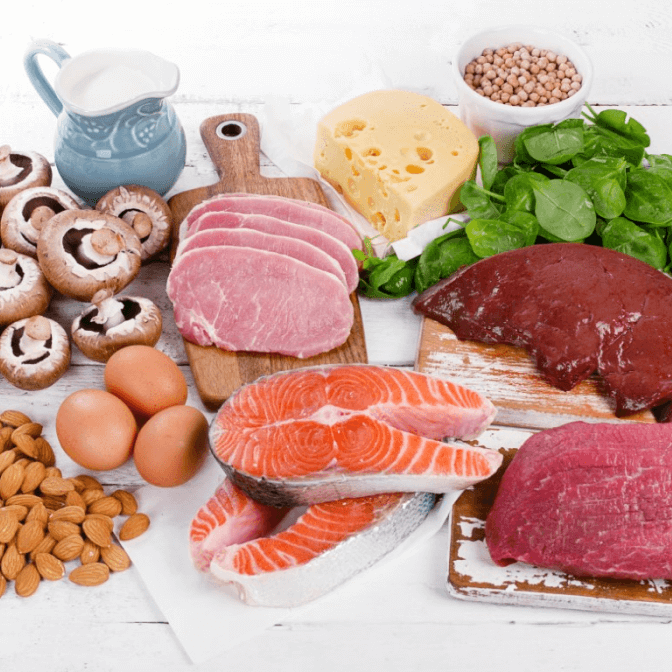7 top tips for a healthy heart
- Main Image
-

- Title
- Seven top tips for a healthy heart
- Description
-
Adopting a healthy lifestyle at any age can help lower your risk of developing heart disease. Read our seven top heart health tips and start taking steps to protect your heart health today.
- Detail Page Path




